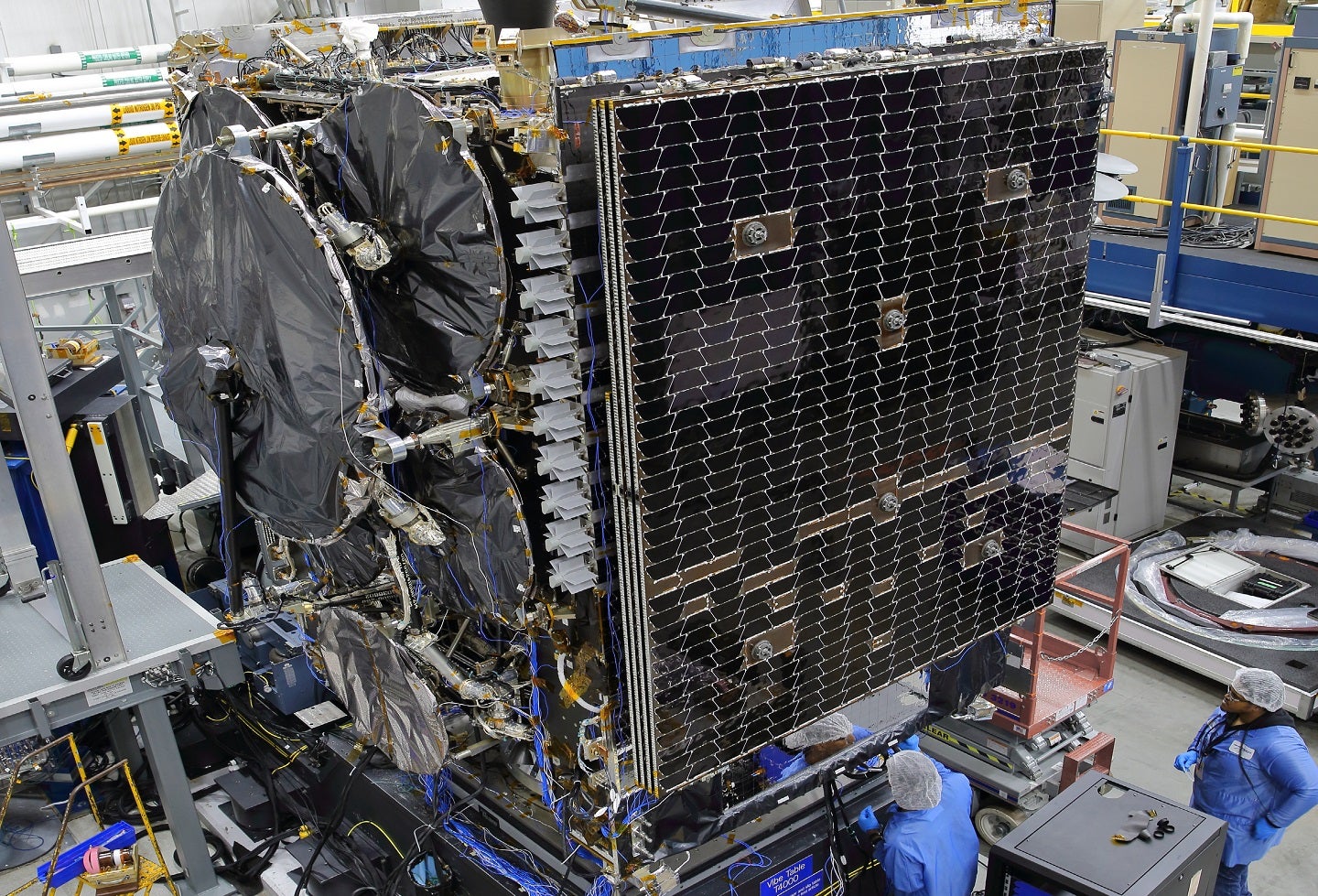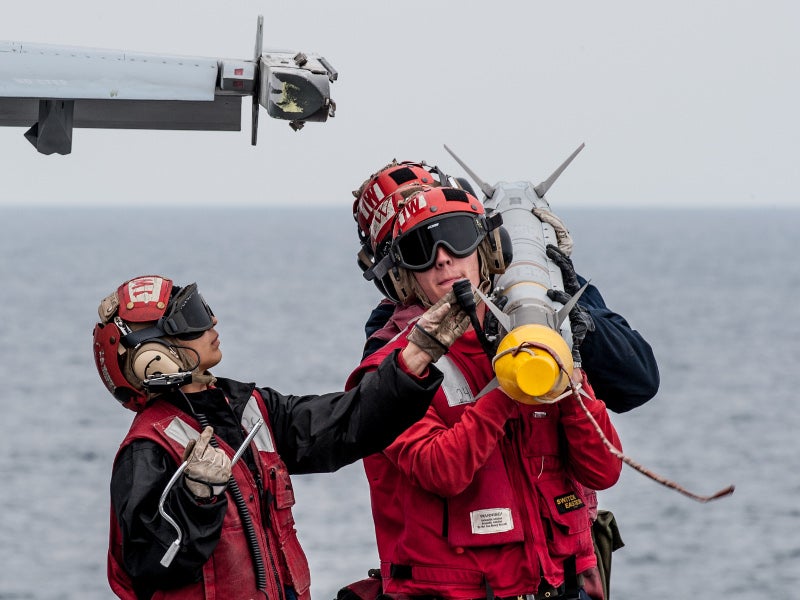
Northrop Grumman Corporation, an aerospace and defence technology company, has reached a juncture in developing the Arctic Satellite Broadband Mission (ASBM).
The company recently concluded thermal vacuum tests, marking progress in its mission to create a two-satellite constellation to facilitate broadband communications in the Northern polar region for the US Space Force and Space Norway. Each satellite within the constellation boasts a Ka-band payload for ViaSat and an X-Band payload for the Norwegian Ministry of Defense.
Furthermore, the Enhanced Polar System Recapitalisation payloads for the US Space Force are also integrated into these advanced satellites. The completion of these tests sets the stage for the ASBM-1’s vibration testing, to be soon followed by ASBM-2.
Northrop Grumman’s commitment to the ASBM project extends beyond satellite construction; they also provide the Control and Planning Segment (CAPS) ground system, a component in achieving broadband connectivity in the Arctic region.
The CAPS is assisting with compatibility testing for payload and space vehicle segments and is also establishing interfaces with the Satellite Operations Center (SOC) in Norway. With CAPS having passed formal acceptance and turnover, the ground system stands prepared for system activation.
Completing Thermal Vacuum tests for the Arctic Satellite Broadband Mission represents a milestone in this endeavour, bringing the project closer to realisation.
How well do you really know your competitors?
Access the most comprehensive Company Profiles on the market, powered by GlobalData. Save hours of research. Gain competitive edge.

Thank you!
Your download email will arrive shortly
Not ready to buy yet? Download a free sample
We are confident about the unique quality of our Company Profiles. However, we want you to make the most beneficial decision for your business, so we offer a free sample that you can download by submitting the below form
By GlobalDataNorthrop Grumman secured a contract modification valued at $235m from the US Department of Defense (DoD) on October 5 2023, reinforcing Northrop Grumman’s role as the original equipment manufacturer for Next-Generation Overhead Persistent Infrared (OPIR) polar-orbiting satellites. This contract ensures the DoD’s access to polar coverage to detect and track ballistic and hypersonic missile threats travelling via the polar region, a route that poses challenges for monitoring from space.
According to GlobalData’s “The Global Military Satellite Market Forecast 2023-2033” report, the global military satellite market was valued at US$8.1bn in 2023 and is projected to reach US$12.8bn by 2033, growing at a CAGR of 4.6%. It is expected to value US$110.7bn from 2023 to 2033 cumulatively.
Among geographic segments, North America is projected to dominate the sector with a share of 55.9%, followed by Europe and Asia Pacific with shares of 21.3% and 12.8%, respectively.
This achievement in the development of ASBM is poised to pave the way for further tests and advancements. The upcoming vibration testing of ASBM-1, to be followed by ASBM-2, underlines the commitment to ensure the reliability and readiness of these satellites for their role in the Arctic region.
Beyond satellite construction, Northrop Grumman is contributing a component of the Control and Planning Segment ground system. CAPS supports compatibility testing with the payload and space vehicle segments and establishing interfaces with the Satellite Operations Center in Norway. With CAPS having completed formal acceptance and turnover, it is now poised for system activation, further strengthening the ASBM project’s progress.
This development represents a stride forward in enhancing the region’s communications infrastructure for national defence and civilian applications.







